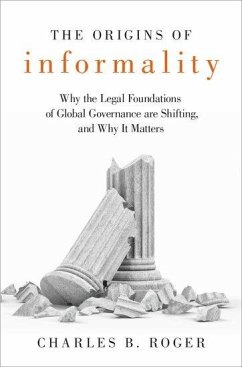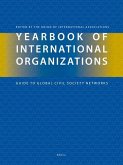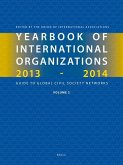This ground-breaking book explores the phenomenon of informal international organizations--weakly-legalized bodies that differ significantly from the formal institutions traditionally relied upon by the global community. It advances a new way of thinking about these organizations, presents new data revealing their extraordinary growth over time and across regions, and offers a novel account explaining why states have embraced them. Roger locates the origins of informality in major shifts occurring within the domestic political arenas of powerful states, explaining how these have projected outwards and reshaped the legal foundations of global governance. The book systematically tests this theory, presents detailed accounts of the forces behind some of the most important institutions governing the global economy, and draws out the policy implications of this account. While informality has allowed the number of multilateral institutions to grow, Roger argues, it has coincided with a decline in their quality, leaving us less prepared for the next global crisis.
Hinweis: Dieser Artikel kann nur an eine deutsche Lieferadresse ausgeliefert werden.
Hinweis: Dieser Artikel kann nur an eine deutsche Lieferadresse ausgeliefert werden.








